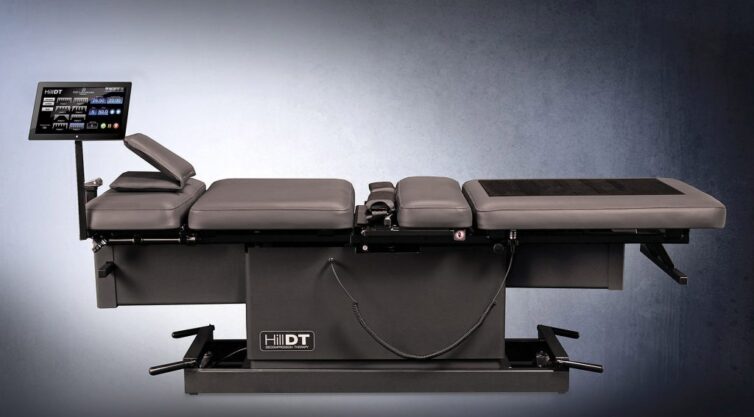Spine surgery can feel daunting, but understanding what to expect can help you prepare mentally and physically. Your surgical team will guide you through each step, but knowing the process in advance can reduce stress. Here are some key steps, from consultations to pre-operative requirements, to help you take an active role in your spinal care and recovery.
Explore Spine Surgery Types
There are several approaches to spine surgery depending on the condition being treated. One common approach is decompression surgery, which is performed to relieve pressure on the spinal cord or nerves caused by conditions like herniated discs or spinal stenosis. This procedure often involves removing small portions of bone or tissue to create more space and alleviate pain, numbness, or weakness. Decompression surgery can improve mobility and quality of life when conservative treatments like physical therapy or medication haven’t worked.
Another widely performed procedure is spinal fusion, which permanently connects two or more vertebrae. This technique is often used for conditions like degenerative disc disease, scoliosis, or severe spinal instability. By fusing the affected vertebrae, the surgery helps stabilize the spine and reduces painful movement. It may limit some range of motion, which is a point to discuss with your surgeon.
Artificial disc replacement is a newer, minimally invasive alternative to spinal fusion that aims to maintain more natural spine movement. During this procedure, a damaged disc is replaced with a synthetic one designed to mimic the function of a healthy disc. It is often used to treat severe disc degeneration while preserving flexibility. The advantages of this method include shorter recovery times and increased mobility. Discussing the suitability of artificial disc replacement versus spinal fusion with your physician can help you achieve the best outcome for your specific needs.
Complete Pre-Op Evaluations
Preparation starts with thorough medical evaluations to assess your overall health. These include blood tests, imaging studies, and cardiac assessments. These tests identify any underlying conditions that might impact your surgery or recovery. Giving your surgical team a complete understanding of your health is key.
Imaging tests like MRI, CT scans, or X-rays provide detailed views of your spine. If your previous scans are older than a few months, updated imaging might be needed. This helps your surgeon plan the procedure effectively and pinpoint the problem area. Accurate imaging is a key step in surgical preparation.
If you have conditions like diabetes, heart disease, or lung issues, medical clearance from your primary care physician or specialists may be required. Your medical team will coordinate these evaluations to reduce risks and support a smoother recovery process. Proper coordination contributes to a successful outcome.
Follow Medication Guidelines
Your surgeon will provide detailed instructions about medications to stop before surgery, such as blood thinners or anti-inflammatory drugs. Always follow these directions carefully. Quitting smoking improves spine surgery outcomes, as it affects bone healing and increases the risk of complications. Your surgeon will strongly encourage you to stop smoking well ahead of the procedure. Strengthening your core and improving fitness through recommended exercises or physical therapy can also aid in recovery.
Prepare for Spine Surgery
Preparing for spine surgery requires several steps to address your condition. Your surgical team will guide you through the process and answer your questions. Stay connected with your medical team even after scheduling your surgery. Follow all pre-operative instructions carefully and ask questions to confirm you are fully informed.
- Pedrovazpaulo Wealth Investment: Unlocking Financial Freedom Through Innovative Strategies
- EO Pis: A Comprehensive Guide to Environmental Objectives and Performance Indicators
- Premiumindo69: The Future of Digital Entertainment
- Macadamia Nut Milk: Health Benefits, Recipes, and Why It’s the Perfect Dairy-Free Alternative
- Hentquz: The Future of Productivity and Collaboration


